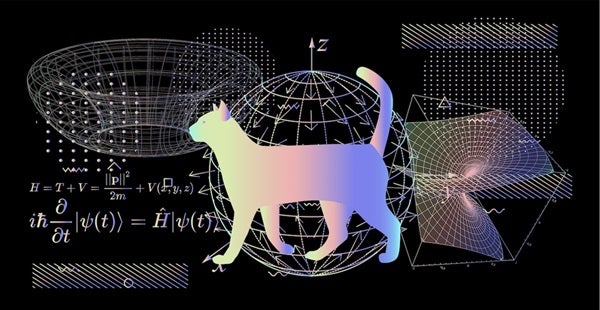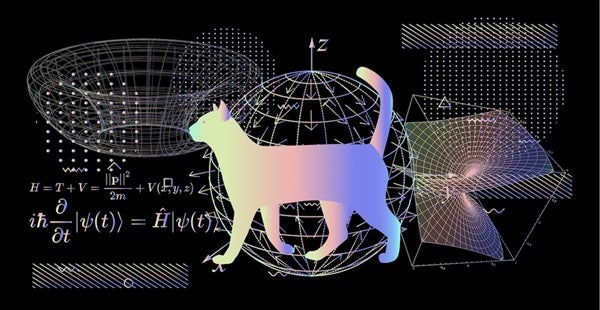Materialism is a pretty old philosophy that many atheists hang their hats on. I question if it is as strong of a view as many say it is. I'll post some recent comments, one made by a member on another site, and let those serve as the topic of this thread...
Posted by Diogenes:
Posted by William (not William's own view but he may've been quoting someone else):
For debate...
What's your analysis of the above quotes or of materialism in general? Is it proven? It is the most likely explanation for all the natural world?
Posted by Diogenes:
All that comes to mind is that we know matter and energy exist and that they are sufficient to explain all natural phenomena we are aware of. So, but for a desire of the believer in the supernatural to explain the supernatural, what else is necessary to explain the universe? Perhaps another way to put it is, since matter and energy explain it all, why suppose there is something else to discover?'
Posted by William (not William's own view but he may've been quoting someone else):
[emphasis added to point to relevant parts}Materialist: Claiming the planet has an intelligent mind and there is a cosmic mind (whether the planetary, Lunar, asteroid and cometary minds make that up or are part of it or separate, are supernatural claim. Or (semantic dickering aside) unvalidated. What you call 'M- Philo, by which I suppose you mean Materialist Philosophy (which isn't philosophy but the scientific results of study which has not revealed a Mind behind natural process) appears to be (on evidence) correct. Apart from juggling with terminology, what evidence (as distinct from unvalidated hypotheses) do you have for any minds other than animal ones?
For debate...
What's your analysis of the above quotes or of materialism in general? Is it proven? It is the most likely explanation for all the natural world?



